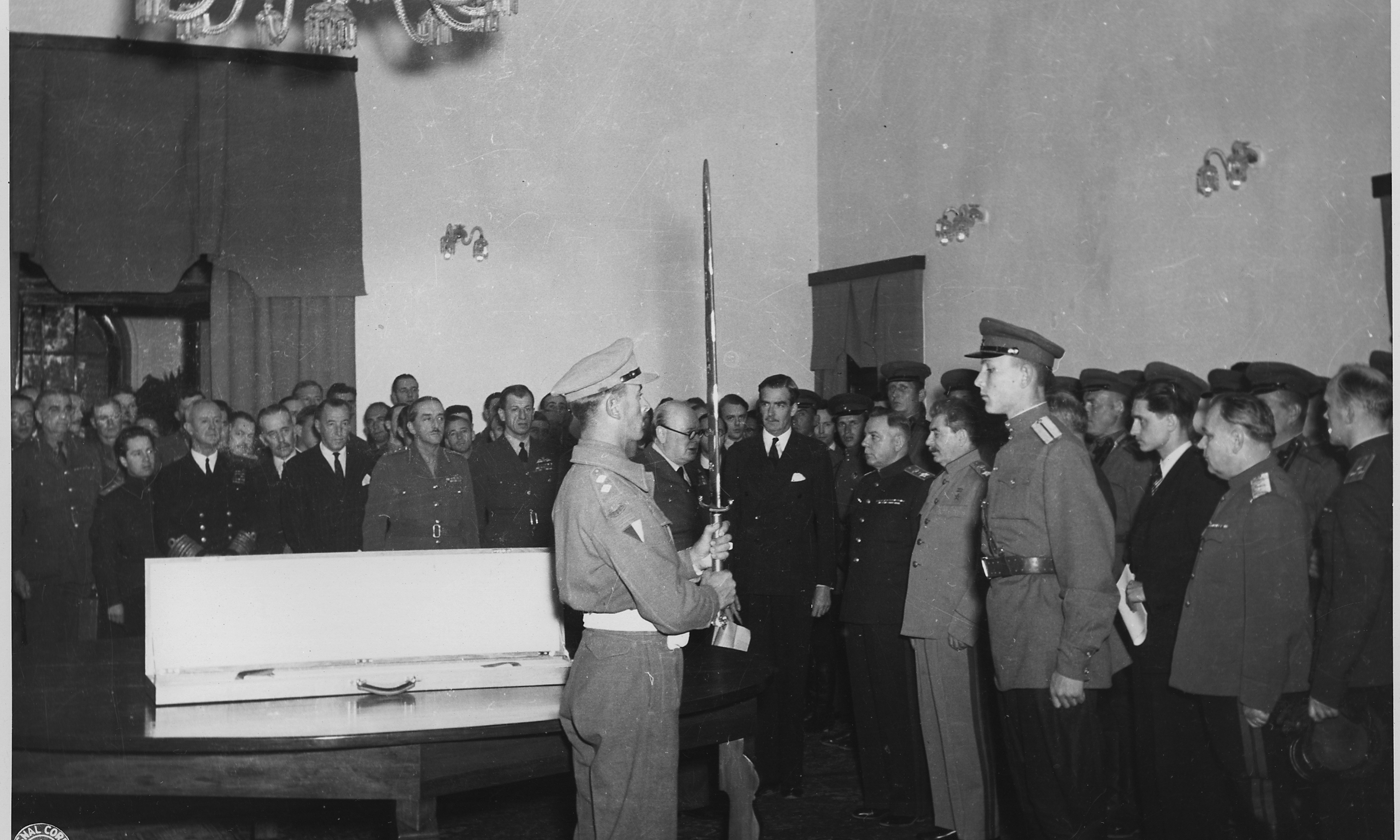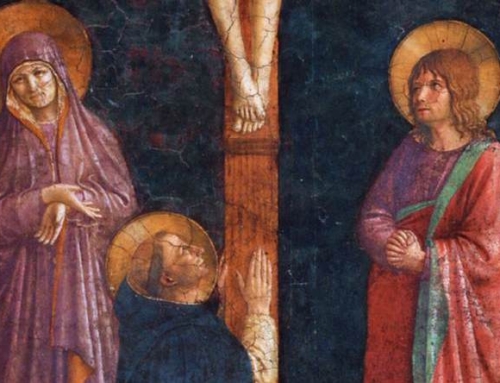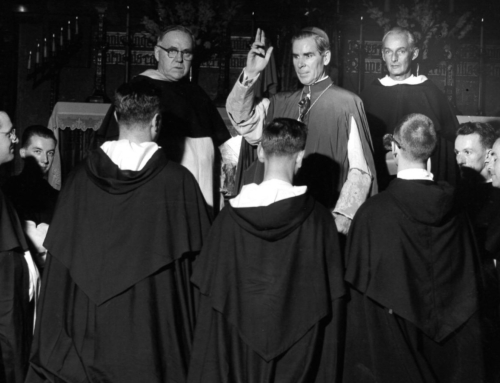2019 Summer Reading Recommendations:
Sword of Honor by Evelyn Waugh
In August 1939, Nazi Germany signed the Molotov-Ribbentrop Pact, a treaty of non-aggression with the U.S.S.R. They were only to violate it within two years upon invading the Soviet Union in 1941. After a few years of German military dominance in Europe, the February 1943 surrender of the German Sixth Army to the Red Army at the Battle of Stalingrad—considered a turning point of the Second World War—finally put Nazi Germany’s armed forces on the defensive. On November 23, 1943, the British Prime Minister Winston Churchill presented a bejeweled sword on behalf of King George VI to Joseph Stalin in homage to the defenders of Stalingrad.
This sword is presumably the eponym for Evelyn Waugh’s semi-autobiographical and ironically titled Sword of Honor trilogy, which I highly recommend. The story—a recension of three novels: Men at Arms, Officers and Gentlemen, and Unconditional Surrender, combined into one book—chronicles one Englishman’s experiences as a soldier in World War II. Throughout, we follow the experiences of a man who seeks refuge from his listlessness and apathy in the collective war movement, and we see the unavoidable disillusionment that awaits him.
The Englishman is Guy Crouchback—a thirty-five-year-old Catholic living in isolation abroad ever since his divorce—who jumps at the chance to enlist as a soldier. The Hitler-Stalin pact provides Guy with a clear enemy, and the prospects of fighting that enemy afford him a sense of purpose and excitement. He muses, “The enemy at last was plain in view, huge and hateful, all disguise cast off. It was the Modern Age in arms. Whatever the outcome there was a place for him in that battle.”
Despite his age, Guy joins the Halberdier regiment. During his clumsy army training, we meet several characters, including a few comic ones such as Brigadier Ben Ritchie-Hook and the absurd-but-tragic Apthorpe. The new Halberdier officers embark to West-Africa; however, Guy is soon returned home after a failed mission. Yet Guy desperately craves involvement. He joins Tommy Blackhouse’s—the more recent ex-husband of Guy’s ex-wife—commando brigade and finds a posting in Alexandria. During this period, Guy participates in the Battle of Crete (a humiliating and demoralizing tale in its own right which Waugh gives exquisite treatment). After Crete, Guy finds himself, again, sent home. He spends another two years trying to reenlist.
But then the British Empire finds herself allied with Stalin, an alliance represented by the Sword of Stalingrad that becomes a gaudy idol for English adulation. The cause that initially inspired Guy to fight in the war has dissipated, but he still aches for the war’s power to distract his attention away from his own life. In his burgeoning disillusionment, Guy confesses to his father:
“I don’t think I’m interested in victory now.”
“Then you’ve no business to be a soldier.”
“Oh, I want to stay in the war. I should like to do some fighting. But it doesn’t seem to matter now who wins.”
As we follow Guy’s participation in the war, we uncover the principal story, which is not the struggle against Hitler. Rather, Sword of Honor sets forth Guy’s struggle against apathy and detachment from God, as is clear in Guy’s introspection at his father’s Requiem Mass:
His father had been worried, not by anything connected with his worldly progress, but by his evident apathy… That emptiness had been with him for years now even in his days of enthusiasm and activity in the Halberdiers. Enthusiasm and activity were not enough. God required more than that.
Guy flees from his apathy and listlessness only to hide behind “enthusiasm and activity”—a common mistake. Guy is so desperate to remain involved in the war because he is not at peace with himself. Guy runs from an interior battle by diverting attention to the excitement of a collective cause. Consequently, his emptiness sticks with him. His worldly diversion has failed; it was bound to fail. Something else is needed.
Grace is required. Fighting for worldly causes is not enough. As Guy discovers, one cannot hope for relief from inner disquietude without charity. This trilogy is a testament to this. The cleverness and subtlety of this testament is its greatest recommendation.
✠
Image: Signal Corps, U.S. Army, The Prime Minister Presents the Sword of Stalingrad to Stalin







